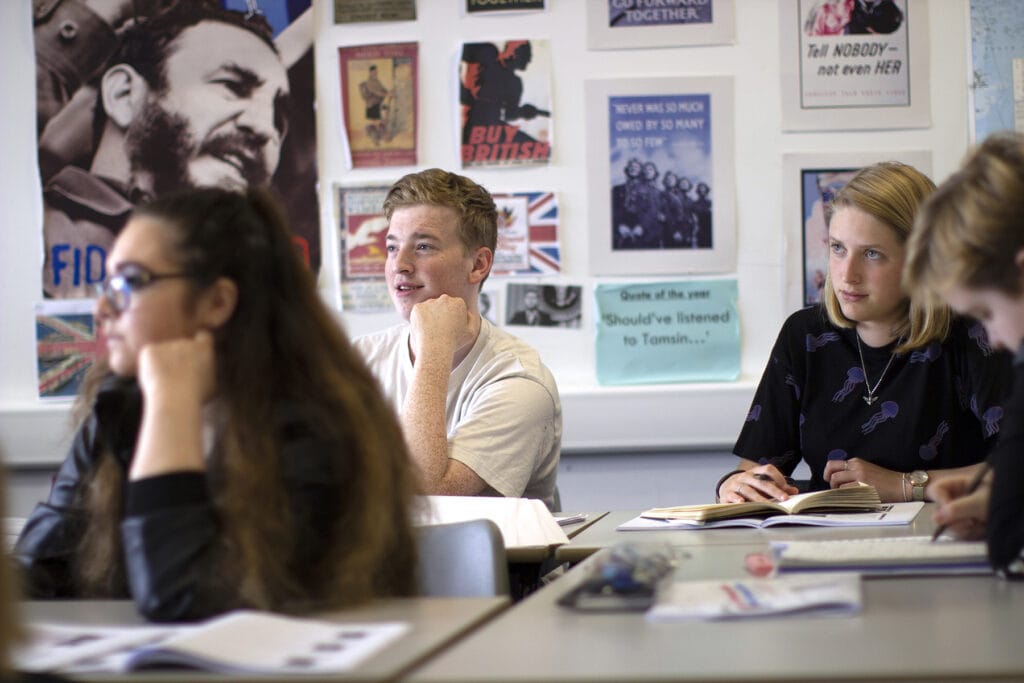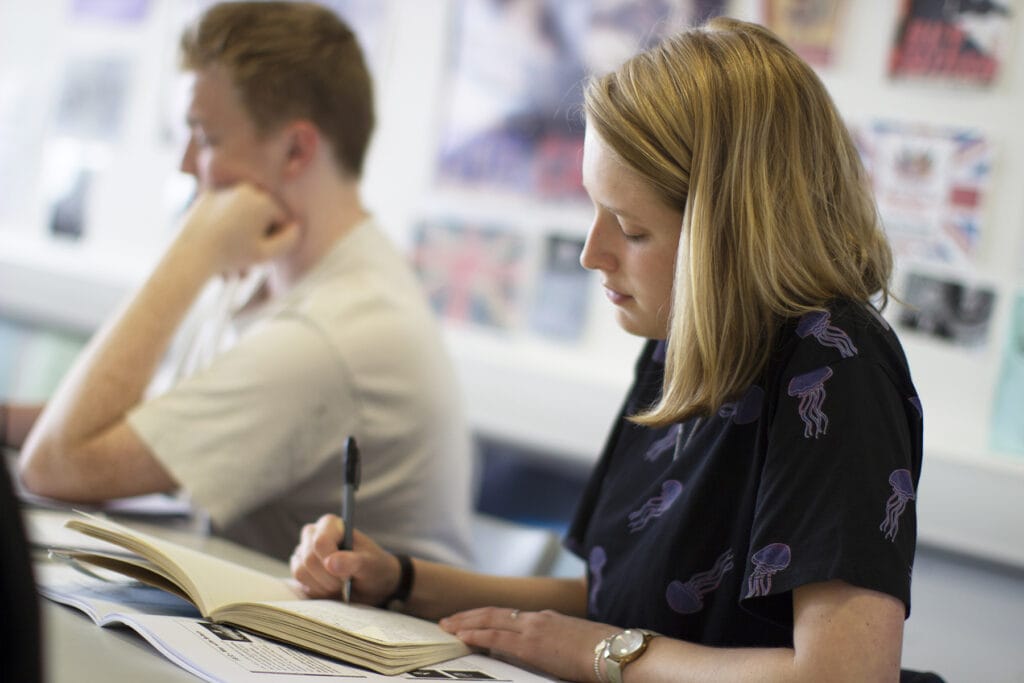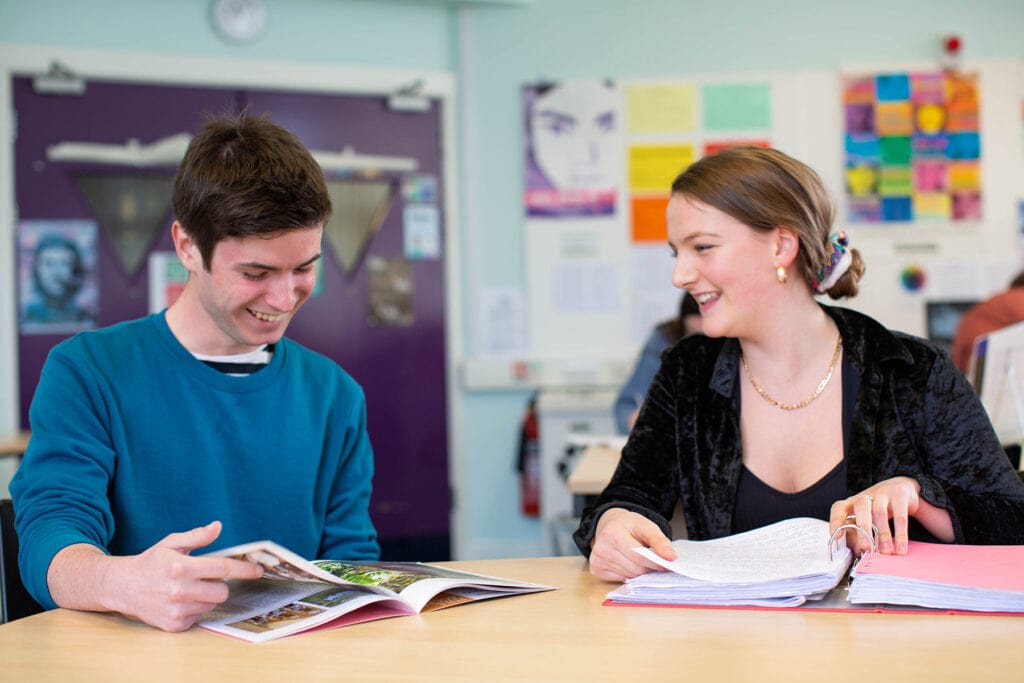New students starting in September: You can find more information about Induction days and submitting your GCSE results in our Start of Year Guide.
WHY CHOOSE THIS COURSE?
This course will begin with helping to provide an understanding of British politics and an introduction to the key ideologies in politics. In the second year, you will study global politics so examine the key concepts of the course and how they operate on the macro level between states and intergovernmental organisations. Politics is constantly changing, and you will be required to keep abreast of those changes; this makes politics a dynamic and interesting subject. This combined with the course content will enable you to reflect on your own political beliefs in a structured and rigorous way.
Apply for this course
Start date: 08/09/2025
TOP COURSE HIGHLIGHTS
topical
dynamic
challenging
global
applicable

understand political theories
Understand different political philosophies and explore your own political view, and what you think about human nature, society, the economy, and the role of the state in your life and other people’s lives. A constantly changing subject that will help you to understand what is going on behind the headlines both in the UK and globally.
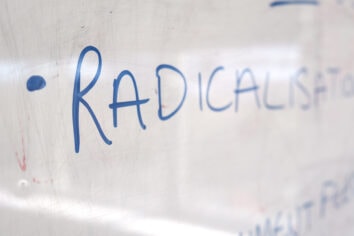
sharing and hearing views
Looking at topical issues from a range of viewpoints and sharing and debating those views with your classmates, some of whom you will agree with, and some that you will not. Develop an understanding of global events and outlooks: Human rights, climate change, nuclear weapons and conflict, war and peace and the politics of global pandemics.
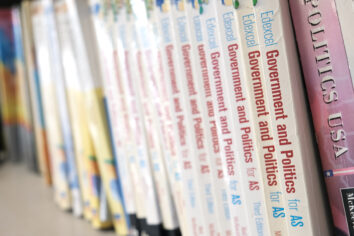
gain a transnational perspective
Politics draws on a variety of disciplines in the social sciences and humanities. It helps students to understand abstract political concepts by grounding them in real world examples and case studies, and also invites comparison between such examples and case studies to ensure a transnational perspective.
WHAT WILL I LEARN?
Component 1: UK Politics and Core Political Ideas
- Democracy and participation
- Political parties
- Electoral systems
- Voting Behaviour and the Media
There are three content areas in Core Political Ideas:
- Liberalism
- Conservatism
- Socialism
Component 2: UK Government and Non-Core Political Ideas
- The Constitution
- Parliament
- Prime Minister and Executive
- Relationships between the Branches
Non-Core Political Idea: Feminism
Component 3: Comparative Politics – Global Politics
There are six content areas:
- The State and Globalization
- Global Governance: Political and Economic
- Global Governance: Human Rights and Environmental
- Power and Developments
- Regionalism and the European Union
- Comparative theories
WHERE WILL IT TAKE ME?
A qualification in Politics is highly valued by many universities and employers alike. The subject is also an excellent complement to many courses, such as History, Sociology, Law, Philosophy, Economics and English. Career opportunities include working for the civil service, local councils, legal firms, and armed forces. Other employers may welcome those with A-level Politics direct from College.
ASSESSMENT ARRANGEMENTS
Your achievement in this subject is dependent upon excellent attendance, punctuality and effort. You will learn in a friendly and discursive atmosphere, using a variety of assessment methods:
You will be assessed regularly on written work that is conducted either as homework or under timed conditions in class and given feedback on your progress.
You will review your own performance in 1:1 sessions with your lecturer.
You will sit short answer tests to audit your basic knowledge.
You will undertake mock examinations on each unit in advance of your final exams.
We encourage all students to read widely and conduct their own research into political life. It is essential that students are up to date and familiar with political events as recent examples are valued by examiners. This is what makes politics different from other subjects and requires commitment to keeping up to date in order to be successful. You do not have to have previous knowledge of politics, but you must be interested and you must be prepared to update your understanding and knowledge once on the course.
You will be formally examined on each unit that you study. There are three two-hour exams at the end of the 2nd year that conform to the components above. These are traditional and primarily assessed through essays. There is no coursework component.
ENTRY REQUIREMENTS
GCSE Grade 6 or above in English Language/Literature or a Grade 6 in a Humanities subject. We have noticed that students who get a Grade 5 or above in Maths tend to do better on the course.
Even more significant is a desire to inform yourself about political issues, as is a willingness to discuss, debate and examine current events in detail and also to be able to write quickly and concisely.
Information & Support
If you have any questions, please contact Dave Williams at davewilliams@truro-penwith.ac.uk
FAQ’s
What can I do to get ahead in Politics and/or see if the course is for me?
Watching listening or reading about what is going on in the news is the best way to get a head start in politics. We look at politics all the way from the global level to a local level. Therefore, we need to know what is going on around the world. Here are some selected websites to help you do that:
| BBC World News | The Economist |
| Al Jazeera | The Atlantic |
| NY Times | Vox |
| Washington Post | Vice |
| CNN | Politico |
| DW News | Buzzfeed Politics |
In addition, documentaries, podcasts, blogs can be really useful in relation to politics. As politics is dynamic and changing all the time, check out the most recent documentaries on the issues of the day. Netflix, Prime, All Four and BBC IPlayer all categorise and allow you to search for the most recent material.
Here are some selected books:
- The Origins of Totalitarianism- Hannah Arendt (1951)
- Prisoners of Geography- Tim Marshall (2015)
- Why Nations Fail- Daron Acemoglu & James A. Robinson (2012)
- The Origins of Political Order & Political Order and Political Decay- Francis Fukuyama (2011, 2014)
- Profit Over People- Noam Chomsky
- We Should All Be Feminists- Chimamanda Ngozi Adichie
Meet the staff, tour the campus and find out about life as a student at one of the best colleges in the country.

